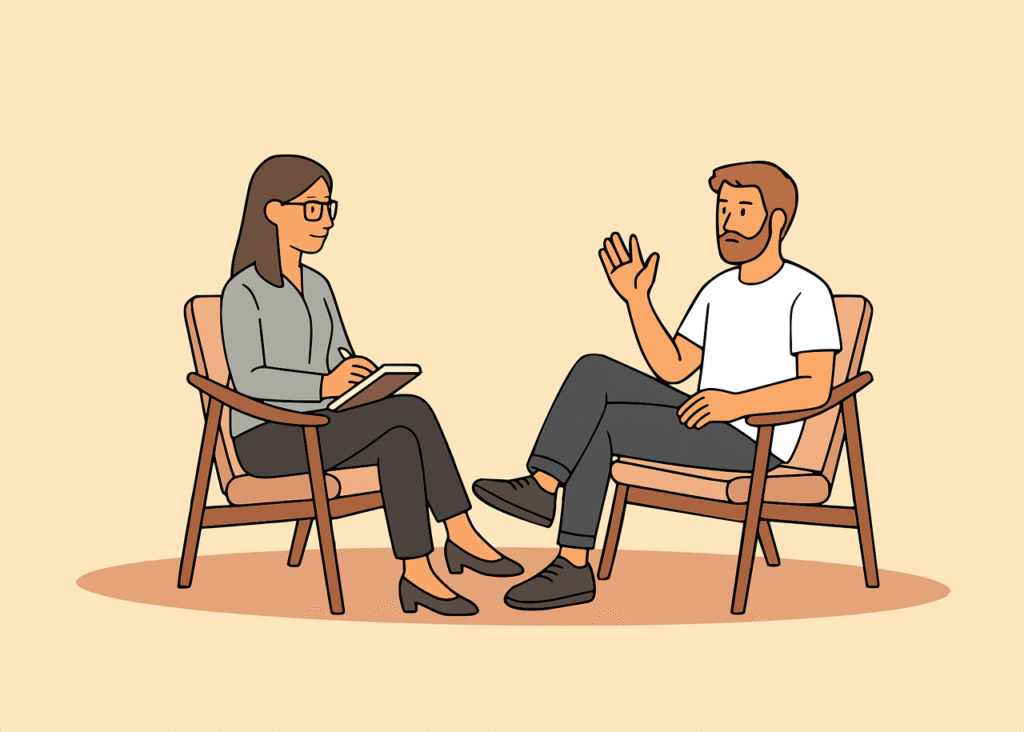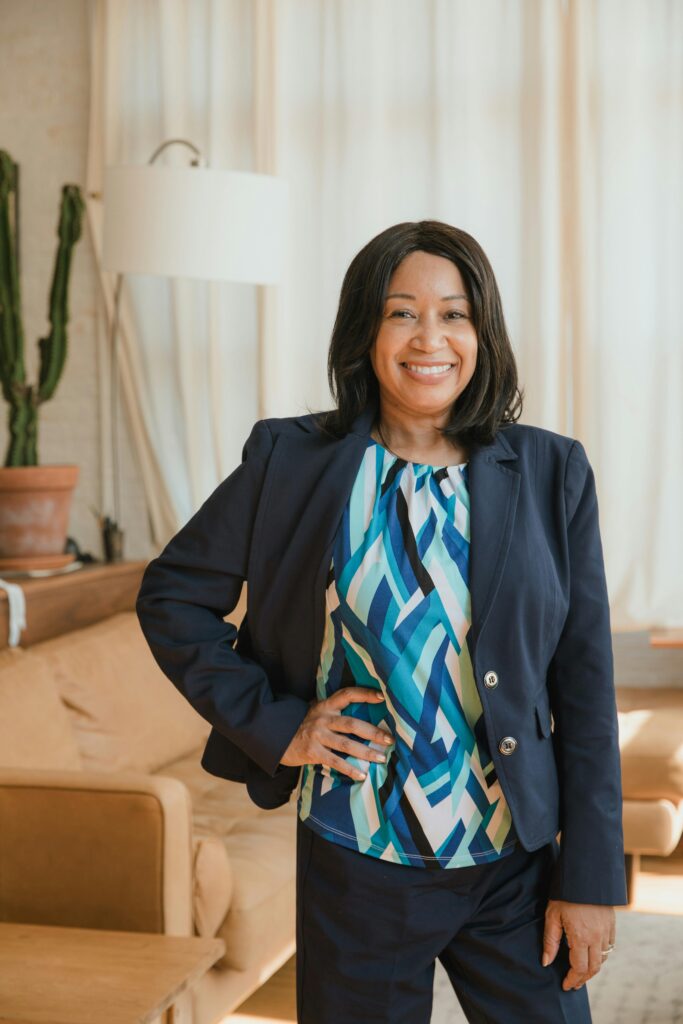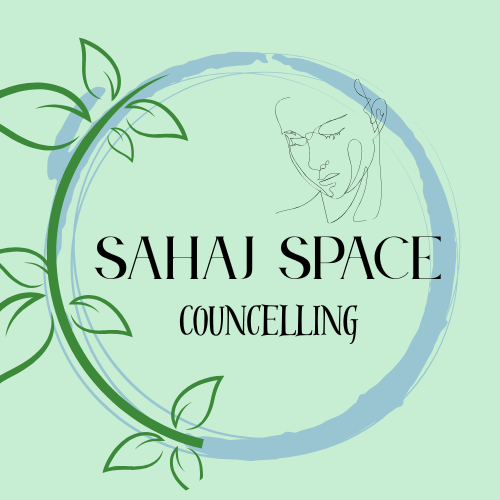In a world where we are constantly connected yet often emotionally distant, taking the time to heal in a personal, confidential space has never been more essential. One-on-one counseling—also known as individual therapy or individual counselling process—provides a safe, private environment where people can work through their emotions, mental health challenges, and life transitions with the guidance of a trained professional.
Whether you’re dealing with stress, anxiety, trauma, or simply feel stuck, individual counselling process offers focused attention and tools to help you move forward. With the rise of digital therapy platforms, options like online personal counseling and online counseling private practice have made access to quality mental health care more convenient and flexible than ever before.

What Is One-on-One Counseling?
One-on-one counseling is a private therapeutic relationship between a client and a licensed counselor, psychologist, or therapist. Unlike group therapy or support groups, this format allows for personalized guidance tailored to your specific concerns, personality, and pace. You meet either in person or through online personal counseling, depending on your preference and accessibility.
The individual counselling process is goal-oriented, often starting with an assessment of your emotional and mental health needs. From there, you and your therapist collaboratively set objectives and work through issues in a structured yet empathetic way.
The Power of Privacy
Privacy is a key component of the therapeutic experience. In one-on-one counseling, you’re provided a confidential setting where you can openly discuss your fears, past experiences, or personal struggles without fear of being judged or misunderstood. This environment promotes honesty, self-reflection, and vulnerability—all of which are essential for deep, lasting healing.
The online counseling private practice model extends this confidentiality to virtual settings. Secure video platforms, encrypted messaging, and therapist-client confidentiality policies ensure that even remote therapy sessions maintain the same standards as in-office visits.

Who Can Benefit from One-on-One Counseling?
People often seek therapy during times of crisis, such as after a loss, a breakup, or a major life change. But the individual counselling process is beneficial for anyone looking to better understand themselves, manage emotions, or achieve personal goals. Here are some common reasons people engage in individual therapy:
- Anxiety or depression
- Relationship or family issues
- Career stress or burnout
- Low self-confidence or self-worth
- Trauma or abuse recovery
- Life transitions (divorce, job change, moving)
- Personal development or identity exploration
One particularly impactful area of therapy is self esteem counseling. Many individuals suffer from self-doubt, negative self-talk, and low confidence that can stem from childhood experiences, societal pressure, or chronic stress. Through self esteem counseling, clients learn how to reframe negative beliefs and build a healthier relationship with themselves.
What Happens in an Individual Counseling Session?
Each session typically lasts between 45 to 60 minutes. At the beginning of the individual counselling process, your therapist may ask questions about your history, current struggles, and what you hope to gain from counseling. Over time, sessions may include:
- Talking through emotions and thoughts
- Learning coping strategies
- Exploring past experiences or trauma
- Challenging harmful thought patterns
- Setting and working toward personal goals
- Practicing relaxation or mindfulness techniques
The goal isn’t just to talk about your problems but to understand them and transform how you deal with them. Whether you’re working on grief, healing from emotional wounds, or building resilience, your therapist walks beside you, not ahead of you.

The Rise of Online Personal Counseling
As technology evolves, so do the ways we care for our mental health. Online personal counseling has become increasingly popular, especially since the pandemic. It removes many traditional barriers—such as travel time, stigma, or scheduling conflicts—while maintaining the integrity and effectiveness of in-person therapy.
Today, many therapists run an online counseling private practice, offering sessions via video calls, chat-based therapy, or email-based support. These platforms are ideal for people with busy schedules, limited mobility, or who feel more comfortable opening up from their own space.
Whether you’re a student, a working professional, or a parent, online personal counseling gives you the freedom to fit therapy into your lifestyle without compromising privacy or effectiveness.
Building Self-Esteem Through Counseling
One of the most life-changing aspects of the individual counselling process is its ability to rebuild and reinforce self-esteem. Many people come into therapy believing they’re not “enough”—not successful enough, not smart enough, not lovable enough. These beliefs are often rooted in past experiences, toxic relationships, or internalized social messaging.
Self esteem counseling helps identify where these thoughts come from and offers tools to challenge and reframe them. Clients learn to practice self-compassion, set healthy boundaries, and celebrate small wins—essential steps in cultivating lasting self-worth.
In both in-person and online counseling private practice settings, therapists may use techniques like cognitive-behavioral therapy (CBT), mindfulness, or narrative therapy to help clients re-author the stories they tell themselves.

Choosing the Right Counselor
Finding the right counselor is essential for a meaningful therapeutic experience. Here are some tips:
- Credentials: Look for licensed professionals (LPC, LMFT, LCSW, etc.) with experience in your areas of concern.
- Specializations: If you’re seeking self esteem counseling, make sure the therapist has expertise in that area.
- Format: Decide whether you prefer in-person or online personal counseling based on your lifestyle and comfort.
- Approach: Some therapists are more solution-focused, while others are insight-driven. Ask about their style in a consultation.
- Comfort: The most important factor is feeling safe, respected, and understood by your therapist.
Final Thoughts
Healing doesn’t happen overnight, and it doesn’t happen in chaos. It happens in quiet, consistent moments—often with the help of someone who listens, challenges, and walks with you toward a better version of yourself.
Whether you meet face-to-face or choose the convenience of online personal counseling, the one on one counselling process provides a deeply empowering path to emotional wellness. Through it, you gain the tools to process pain, rebuild self-worth, and rediscover your inner strength.
If you’ve ever considered therapy but weren’t sure where to start, remember: healing begins with one small step—and that first step might be sitting across (or logging on) with a counselor who’s ready to help you transform your life in private, powerful ways.

Pingback: Importance of Stress Management Counseling